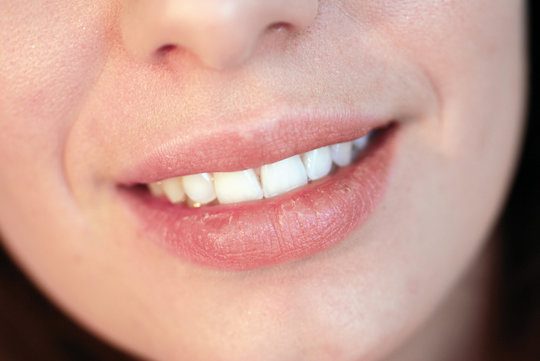Dental and Oral Health
How Alcohol Affects Your Teeth?
We’ve all heard the health cautions regarding excessive alcohol intake and its detrimental effects on the body.
However, dental and oral health is frequently overlooked in this discussion.
Although there may not be an instant link between alcohol and dental health, the truth remains that the former may significantly influence the latter.

The Effects of Alcohol in your Dental and Oral Health

Alcohol isn’t typically seen as healthful but moderate intake can be considered a healthy lifestyle.
The short- and long-term effects on your body and health, from your brain, blood sugar to liver, contribute to its mixed reputation.
But how does alcohol affect your dental and oral health?
Your Title Goes Here
Your content goes here. Edit or remove this text inline or in the module Content settings. You can also style every aspect of this content in the module Design settings and even apply custom CSS to this text in the module Advanced settings.
1. Teeth Staining
You can undoubtedly wind up with discoloured teeth if you use strongly coloured alcohol. While you may be aware that red wine can stain teeth, you may not know that any alcohol can stain and harm teeth because of its acidity.
It will not only stain your teeth but also cause long-term discolouration and dullness. And it will worsen over time, especially if you don’t have regular whitening and cleaning.
2. Dry Mouth
Alcohol intake reduces saliva flow. With that, bacteria adhere to the enamel and raises your risk of dental decay instead of being rinsed away naturally.
3. Dental Decay
Germs in your mouth feed on sugar, therefore drinking sugary drinks, such as alcohol, helps the bacteria to proliferate.
This bacterium produces acids that erode your teeth, damage the enamel, and cause tooth decay. If you decide to take a drink, it is always preferable to select alcohol with less sugar.
Tips to Prevent Dental and Oral Health Problem
Forgetting to brush every now and then isn’t the end of the world; poor oral hygiene can have long-term consequences. This will increase the risk of cavities, infection or abscesses in the mouth, which can be irritating and harmful if left untreated.

So here are tips you should do to prevent dental and oral health problems caused by alcohol.
Your Title Goes Here
Your content goes here. Edit or remove this text inline or in the module Content settings. You can also style every aspect of this content in the module Design settings and even apply custom CSS to this text in the module Advanced settings.
1. Drink Water
Drink plenty of water while you’re consuming alcohol. It’s a great method to avoid a hangover and a cavity! Water will keep you hydrated and your saliva levels regular.
2. Don’t forget to brush your teeth
Brush your teeth after drinking. But, you must wait at least 20 minutes following your previous drink. It takes around that amount of time for your teeth’s enamel to re-harden.
Brushing inside that 20-minute timeframe might cause enamel damage and increase your risk of cavities.
3. Maintain a consistent dental hygiene practice
Lastly, it’s even more crucial to keep up with your dental and oral hygiene practice after you’ve been drinking.
Seeing your dentist every 6 months is one of the most effective strategies to keep good dental health.
Your dentist will examine your teeth for symptoms of decay or gingivitis, as well as provide you with a thorough cleaning! This can help counteract the staining effects of alcohol and the risk of tooth decay that comes with it.
Dental and Oral Health in Melbourne CBD
Visiting a dentist might not be the first thing on your mind after being sober, but it is vital to remember that oral hygiene is a crucial element of your overall health.
At Melbourne CBD we don’t let any dental problems take over you!
Request an appointment with your Melbourne CBD dentist today!
Call us on (03) 9642 8955 or request an appointment online.
We are located at Level 17, 190 Queen Street in Melbourne CBD.
Frequently Asked Questions
How can you keep any discolouration under control?
You may prevent discolouration by eating while drinking and chewing sugar-free gum afterwards to restore normal saliva levels.
How to help reduce the risk of alcohol-related dental problems?
Brushing and flossing your teeth properly, as well as obtaining professional dental cleanings and exams every six months, can help minimize the risk of dental issues caused by alcohol.
